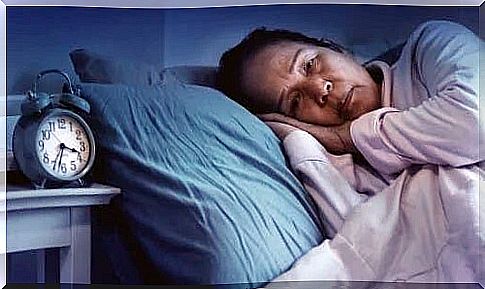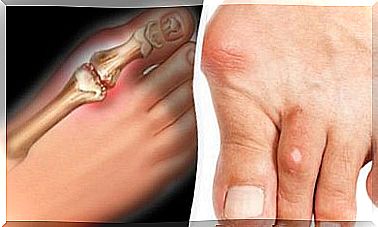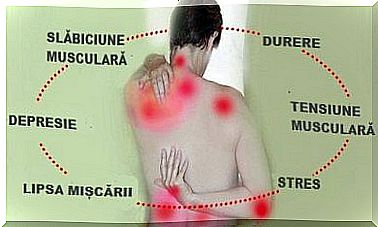Alzheimer’s Disease And Sleep Patterns

Alzheimer’s disease is the leading cause of dementia. Among many other symptoms, the disease can also cause sleep disorders. What is the connection between Alzheimer’s disease and sleep patterns?
In this article, we will discuss the most common changes in sleep that people with Alzheimer’s disease can suffer from.
What is Alzheimer’s disease?

Alzheimer’s disease and sleep patterns
Sleep changes in Alzheimer’s disease can be divided into different types:
- Changes in sleep architecture: These are related to sleep phases. In people with Alzheimer’s disease, the phases of deep sleep are reduced. Frequent awakenings occur. There are also fewer phases of REM sleep and more phases of non-REM sleep.
- Respiratory changes: These may include snoring, hypopnea, and obstructive sleep apnea / hypopnea syndrome (OSAHS). It has been found that patients with Alzheimer’s disease have a much higher rate of these conditions compared to healthy people. Physicians should study these conditions independently, because the treatment is specific and parallel to the basic one.
- Restless legs syndrome: Represents the time when the affected person must move their legs constantly or periodically when they are going to sleep. In addition, this syndrome can be accompanied by nightmares.
Changing sleep patterns
Alzheimer’s disease causes a change in biological rhythms. It evolves with the disease, being more visible as the disease progresses.
The fact that biological rhythms change causes drowsiness throughout the day. Patients can sleep during the day. This can lead to more social problems, as it becomes more difficult to have conversations and relate to people normally.
In addition, this state of drowsiness and sleep during the day can make the affected person sleep less at night. She will wake up more often, be restless and walk around the house.

Sundown syndrome in Alzheimer’s disease
What to do about sleep
For each case, a specialist should decide which is the best treatment. In the case of this type of disease, treatment may need to be adjusted several times to have the best effect.









